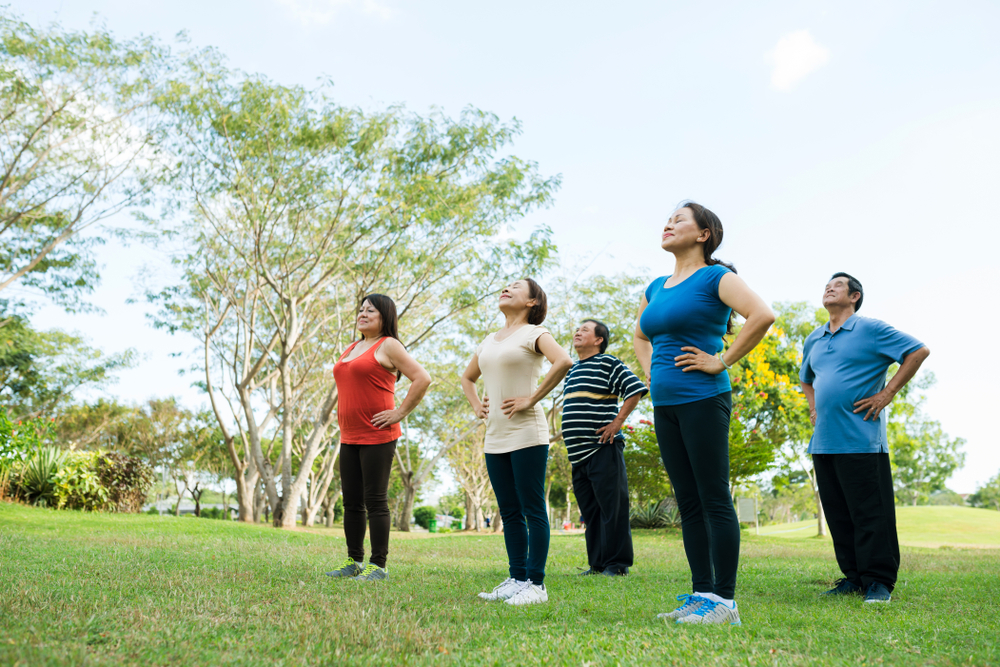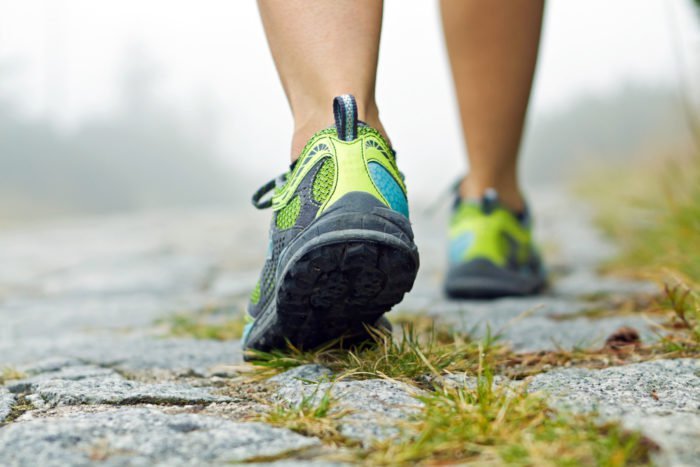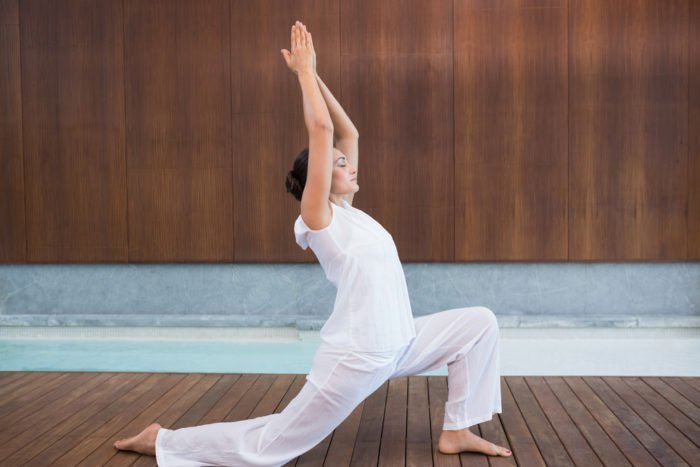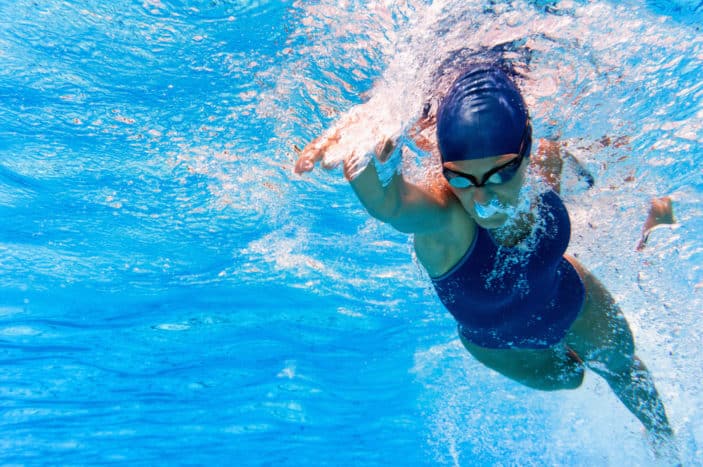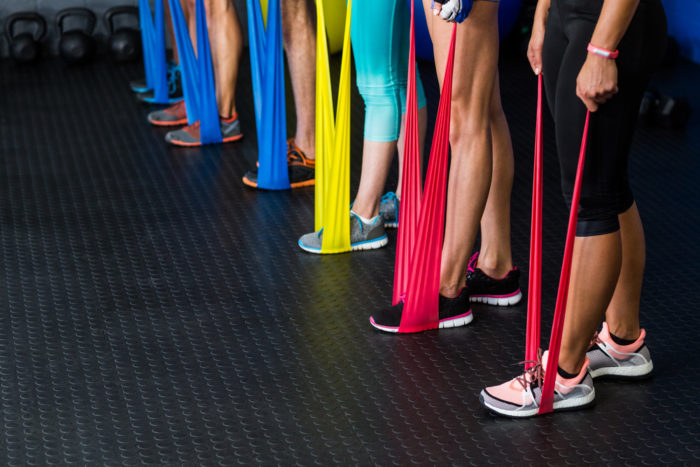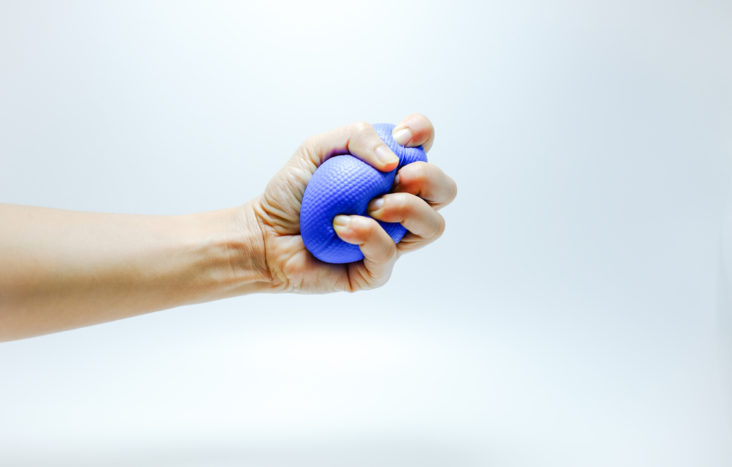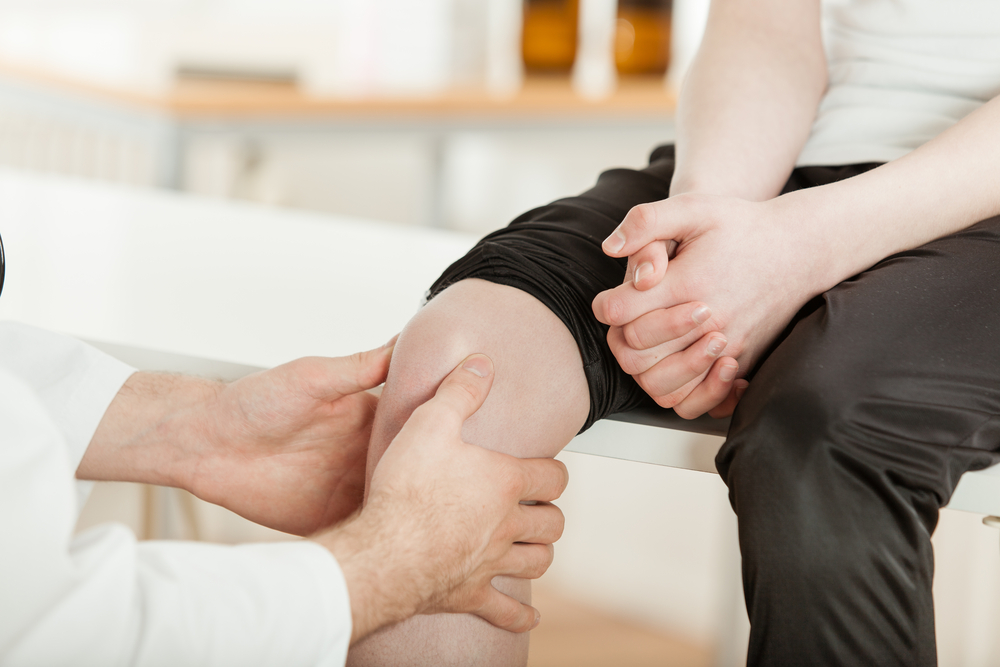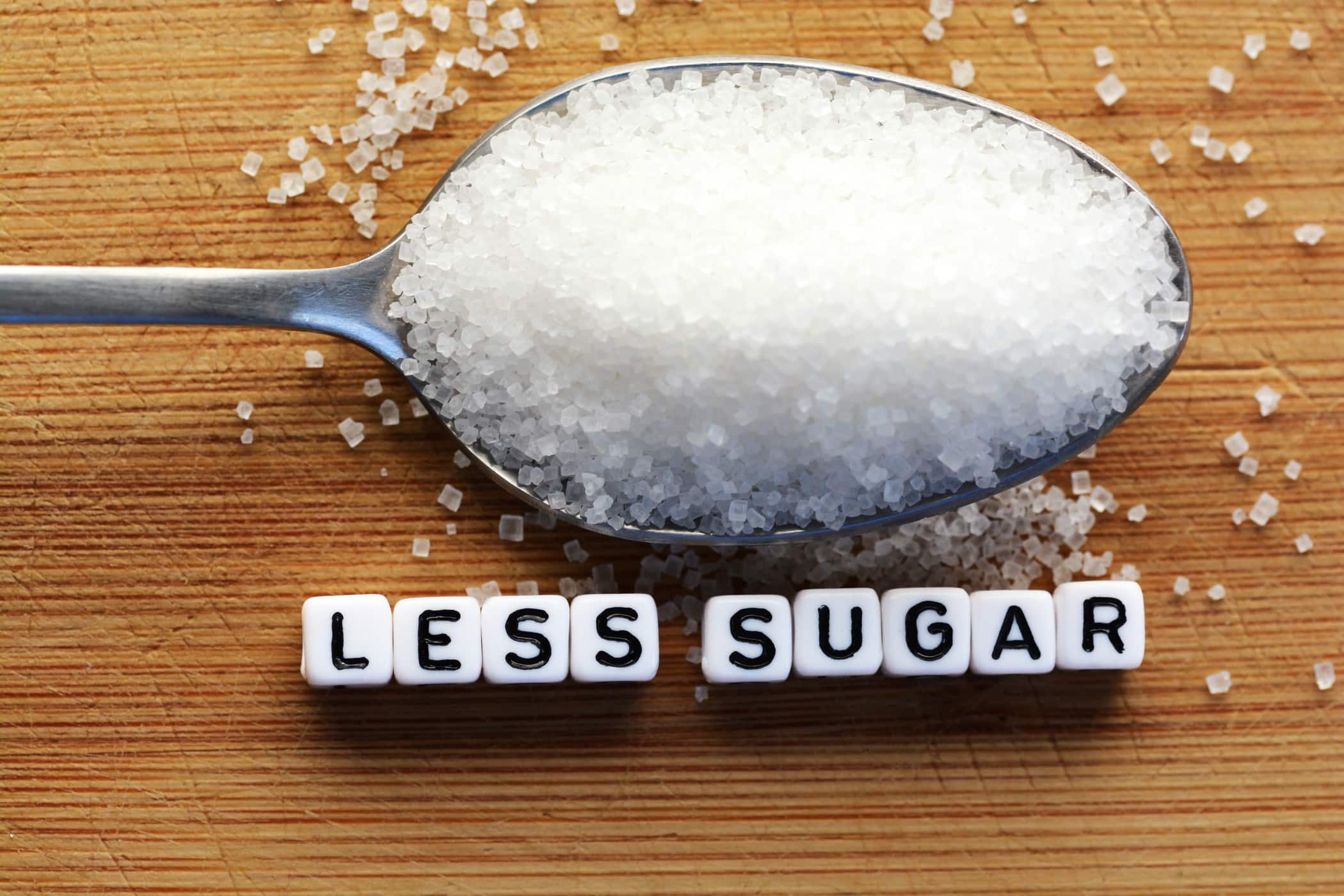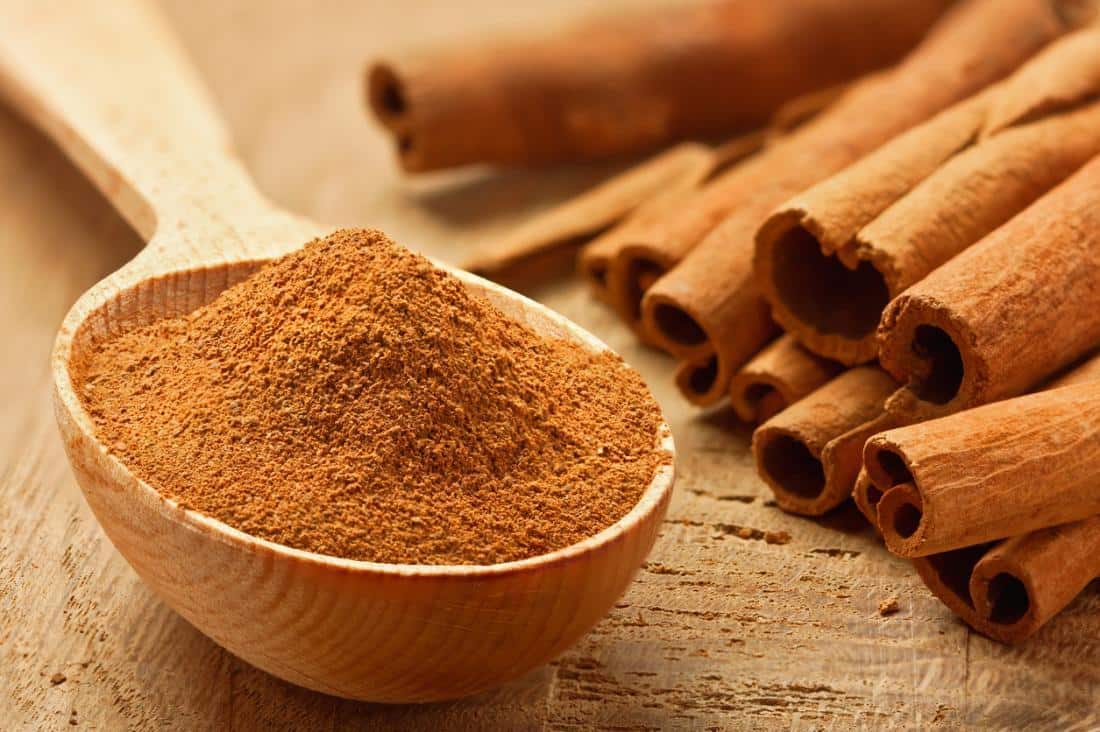Contents:
- Medical Video: Safe Exercise Tips : How Do I Exercise With Rheumatoid Arthritis?
- Sports options to reduce rheumatic pain
- 1. Stretching
- 2. Walk
- 3. Tai chi or yoga
- 4. Water sports
- 5. Cycling
- 6. Strength training
- 7. Hand exercises
Medical Video: Safe Exercise Tips : How Do I Exercise With Rheumatoid Arthritis?
Exercise can help to alleviate various diseases, including rheumatoid arthritis (RA) or rheumatism. For rheumatic patients, exercise can be very useful for relieving pain and stiff joints. Rheumatic patients who exercise may experience less pain than patients who don't. Exercise can reduce rheumatic pain, improve joint function and flexibility, increase range of motion, and improve mood.
Sports options to reduce rheumatic pain
There are several exercises that can help alleviate rheumatic pain and other symptoms that can cause rheumatism. However, before you start any exercise program, always discuss it first with your doctor or physical therapist. This is to adjust the abilities and limitations of your movements.
1. Stretching
Stretching can help increase flexibility, reduce stiffness, and increase range of motion. Do stretching every day, in the morning can help relieve rheumatic symptoms.
The ideal stretching movement will be different for each person and will depend on which joint is affected, as well as what symptoms occur.
Here are some stretching tips for rheumatic patients.
- Warm up by walking in place or pumping your arms while sitting or standing for 3-5 minutes.
- Hold every movement for 10-20 seconds.
- Repeat every movement 2-3 times, you can use the help of a yoga strap to maintain stretching movements.
2. Walk
Walking is a form of low impact training (low-impact) but can help the health of the heart, joints, and mood.
It is important to use the right shoes and maintain body fluid balance. You can relax on foot to reduce rheumatic pain. If possible, increase your road speed.
3. Tai chi or yoga
Both tai chi and yoga combine deep breathing, flowing movements, gentle poses, and meditation. This exercise increases flexibility, balance and range of motion while reducing stress.
Especially nowadays there are many yoga or tai chi classes specifically for rheumatic patients. His movements have also been adjusted to your needs.
4. Water sports
Water helps support weight, which means that water sports don't have much impact on the joints.
Swimming, water aerobics and other light water sports can increase flexibility, range of motion, strength, and aerobic conditioning. This exercise can also reduce stress and joint stiffness.
5. Cycling
Cycling can train the movements of your joints and improve the fitness of the heart and blood vessels. Because rheumatism can increase the risk of heart disease, it is important to keep your heart healthy.
In addition, cycling can also reduce rheumatic pain, increase the space and strength of the foot, and build endurance.
6. Strength training
Strengthening the muscles around the affected joint can help increase strength while reducing rheumatic pain and other rheumatic symptoms.
Using resistance bands is one of the best ways to strengthen the body and build muscle. Usually this exercise is done with a physical therapist, so that you can be given training guidance that is appropriate for the condition of your rheumatism.
7. Hand exercises
Rheumatism can cause limited movement of your hands. Bend your wrists up and down, slowly clenching your fingers, stretching your fingers, and pressing the springy ball (stress ball) can help increase strength and flexibility in the hand.

